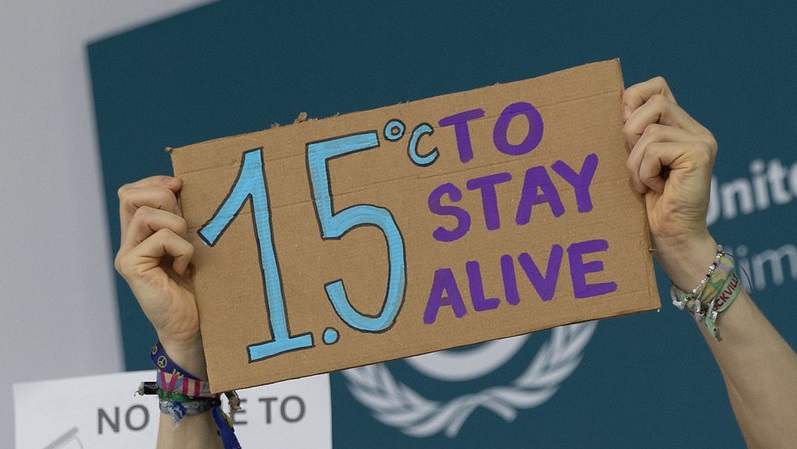Big emerging economies reject an informal proposal being floated for government provision under the new goal and say they won’t join as contributors Large developing countries reject “$200 billion” climate finance figure
An amount of around $200-300 billion being discussed privately as the international government finance provision towards the new climate finance goal (NCQG) – the main outcome expected at COP29 – has been strongly rejected by large developing countries.
Speaking at a stocktaking plenary this Wednesday, Bolivian negotiator Diego Pacheco said on behalf of the Like-Minded Developing Countries (LMDC) group – which includes big emerging economies like China and India – that the figure was unacceptable.
“We are unable to fathom this $200 billion to step up ambition in developing countries,” said Pacheco. “This is unfathomable. We cannot accept this.”
The Bolivian negotiator also reiterated a refusal by the group to open up the base of climate finance contributors – which developed countries have pushed for – to include China and wealthy Gulf states. “This is a super red line,” emphasised Pacheco.
With three days to go until COP29 officially ends, developed countries have yet to reveal publicly the amount of public international finance they will put on the negotiating table for the NCQG.
Chris Bowen, Australia’s environment minister who is jointly tasked with facilitating discussions on the NCQG, reported back to the plenary that the figures being discussed for government provision to an overall “mobilised” goal of $1.3 trillion included $440 billion, $600 billion and $900 billion – amounts that have been proposed by developing countries.
Co-chair Yasmine Fouad, Egypt’s environment minister, said discussions on the “structure” of the climate finance goal are “still hearing diverging views”. These refer to the different types of finance that can be counted towards the goal – controversially, including private investments.
Negotiators will now reconvene for further consultations and are tasked with producing new texts on finance and other issues by midnight today, the COP29 presidency said.
Australia and New Zealand pledge loss and damage cash
Australia and New Zealand have made pledges to the Fund for Responding to Loss and Damage (FRLD), with Australian ministers saying the move showed they were “standing with Pacific partners”.
Australian climate minister Chris Bowen announced a contribution of AU$50 million ($32.5m) on Tuesday – the biggest donation to the fund this year after Sweden gave $18.4m last week.
“Australia is committed to supporting Pacific priorities and welcomes Pacific leadership to drive climate action, including on responding to loss and damage,” Bowen said in a government statement in which he and two other ministers all referenced the Pacific islands.
Australia is bidding to co-host the COP31 climate talks in two years’ time with a Pacific island nation or series of nations. But Turkiye is also trying to win the support of the UN’s “Western Europe and Others” group of nations, whose turn it is to choose the host country.
New Zealand’s climate minister Simon Watts announced a pledge of NZ$10m ($6m). “Addressing loss and damage from climate impacts that go beyond the limits of adaptation is a high priority for New Zealand and the Pacific as we need to support resilience in the region,” he said.
The new pledges bring the amounts donated to the FRLD to a total of $85m this year, on top of a first round of pledges adding up to $664m at last year’s COP28, meaning the fund has around $750m to spend when it gets up and running in 2026.
Developing nations draw “super red line” on climate finance goal

